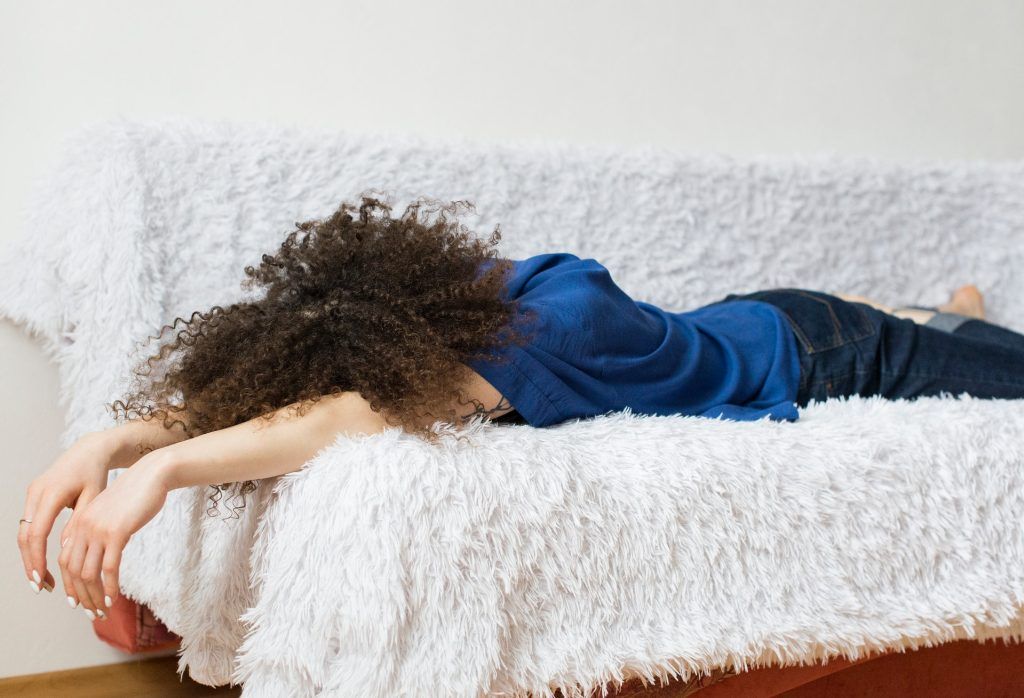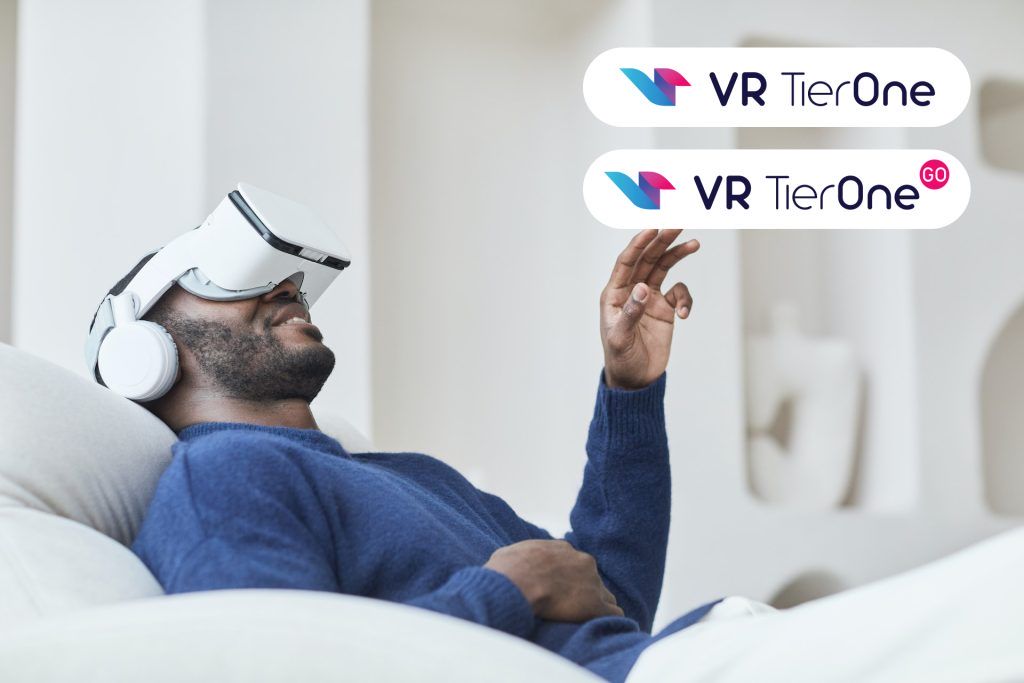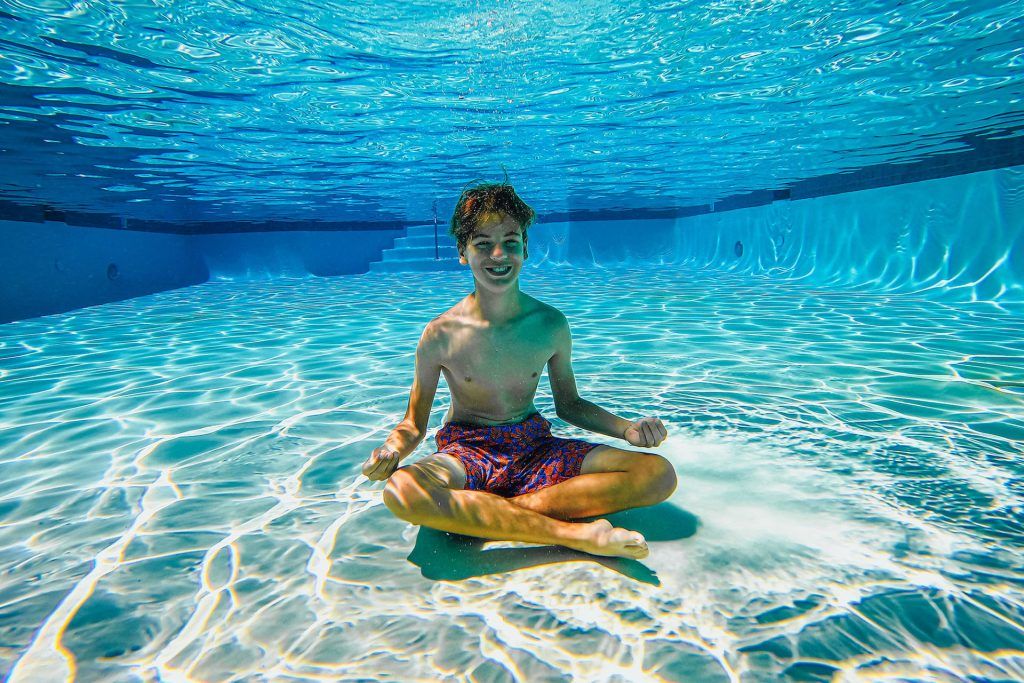Convalescence is the time of full recovery following surgery, accidents, injuries, and somatic diseases. The body has an innate ability to regenerate, but in order for this process to proceed smoothly, it is necessary to eliminate harmful factors and provide stimuli that support recovery. At the physical and mental level, convalescence is not a pleasant experience, as it is associated with the difficulty of finding oneself in a new health situation, overcoming pain, own limitations, weaknesses and taking up challenges that are required for recovery. VR TierOne supports patients in a health crisis, mobilizes mental strength to actively participate in the recovery process.
“…some things happen naturally, at the right pace and at the right time, and some activities have to be repeated day after day, week after week until full recovery…”
VR TierOne therapy
The convalescence process is smoother in case of planned surgeries, where the patient has time to prepare, both physically and mentally, for what is to follow. It is different in the event of a sudden loss of health. People who have experienced, for example, a stroke, heart attack and severe COVID-19, and therefore life-threatening conditions, are recovering accompanied by symptoms of depression and anxiety. People after severe illnesses require mental support, because poor mental health affects the expected recovery time. The process of restoration of health often lacks care for the mental state of the patient, which would be carried out in parallel with the care for the health of the body. VR TierOne enables the patient to receive psychological help on time, as this assistance does not depend on the number of specialists authorized to support the patient’s mental condition currently available.
Hospital stay. Stress
Convalescence begins in the hospital. Hospitalization is a difficult event, although often required to save health and life. Hospital conditions adversely affect the state of the psyche, cause stress and, together with the experience of the disease, lower the mental condition. Isolation from the supportive family environment intensifies the experience of this unpleasant feeling. The virtual world of VR TierOne therapy reduces stress already at the stage of staying in the hospital, because it cuts you off from the stressful environment. The conditions for recovery become more pleasant and this helps to build inner peace.
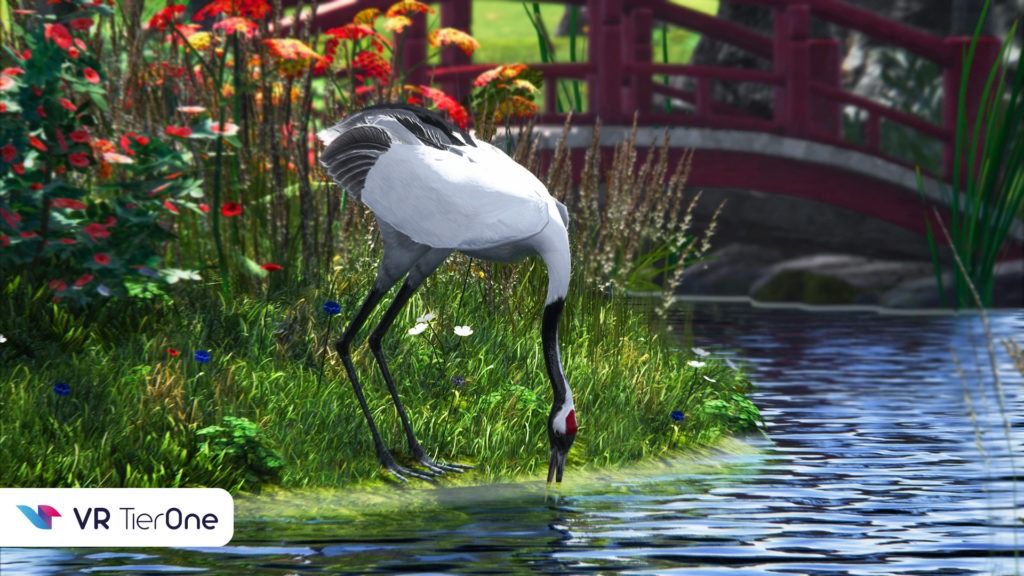
Professional break. Anxiety.
The cessation of professional activity during convalescence is to provide time to rebuild strength. We know that a recovering person recovering needs peace, and that time undisturbed by professional duties is serve their health. However, an unplanned break from work caused by an illness may become a source of increasing fear of unfinished business matters, loss of earnings, and fear of unfriendliness of colleagues due to absenteeism. An excessive break from professional duties and fear of one’s own health may increase fears of returning to the work environment. During convalescence, it is advisable to focus on your own health and soothe emerging anxiety states. In order to be able to actually return to full health during a sick leave without developing unfavourable mental conditions that may lead to inability to work. VR TierOne reduces the feeling of anxiety accompanying the disease through the sensitive narrative of the virtual therapist. The therapy helps you focus on what is most important right now – health that is nurtured for a better future.
Change of diet. Depressed mood.
An optimal diet after an illness should usually be easily digestible. Modification of the diet may be necessary not only during the recovery period. It is often indispensable for the prevention of relapse. Along with recovery, the appetite and desire to reach for the favourite but forbidden foods return. Food bans lower the mood and perseverance in the dietary regime requires mental strength. The vision of regaining health through diet may not be sufficient. For some people, food is a way of coping with stress, unpleasant emotions, and a way of feeling unwell. Therefore, some of the patients, who require a diet also need psychological support. VR TierOne brings cheerfulness day after day, safely improving our mood. In the process of recovery, it becomes a source of strengthening, positive energy.

Physical activity. Lack of motivation.
In many cases physical exercises constitute part of recovery. Systematic rehabilitation helps us regain health and fitness. However, depressed mood may render it impossible to exercise and to cooperate actively. Patients with symptoms of depression feel powerless and tired. They do not want to get involved and quickly give up rehabilitation. The problem is not only the reluctance to exercise, but also the lack of self-confidence and doubts about the possibility of regaining health through the recommended activity. VR TierOne provides an impulse for action and pro-health efforts for yourself. The patient’s motivation increases with every therapy session. As the mood improves, faith in one’s own driving forces grows.
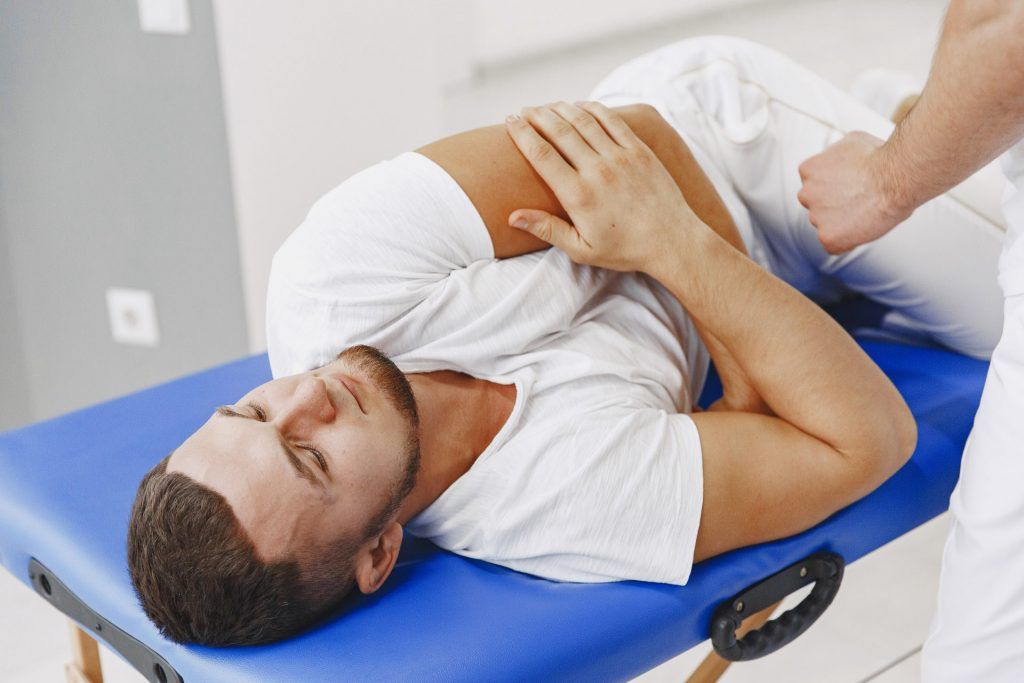
Discontinuation of stimulants. Psychophysical tension.
Discontinuation or limitation of stimulants is necessary for the processes to run properly. Patients deprived of the possibility of using substances with which they have so far regulated their psychophysical condition (relaxation, agitation) become nervous, struggle with headaches and mood swings. Unpleasant sensations pass and the sick person can experience benefits of giving up stimulants. On the physical level, they will be: better immunity, faster tissue healing, no problems with the digestive system, dehydration and on the mental level: less anxiety, reduced stress, better concentration, undisturbed sleep. Patients with accompanying symptoms of depression demonstrate reduced ability to take actions beneficial to their health, and in the face of the experienced psychophysical tension, they are also prone to return to harmful addictions. Thanks to the metaphorical story in the symbolic Garden of Rebirth, VR TierOne strengthens healthy choices and introduces you to a state of relaxation. Keeping a complementary VR TierOne therapeutic diary entitled “The colours of my reflections” between sessions allows you to fill the time with the pleasure of colouring a mandala.
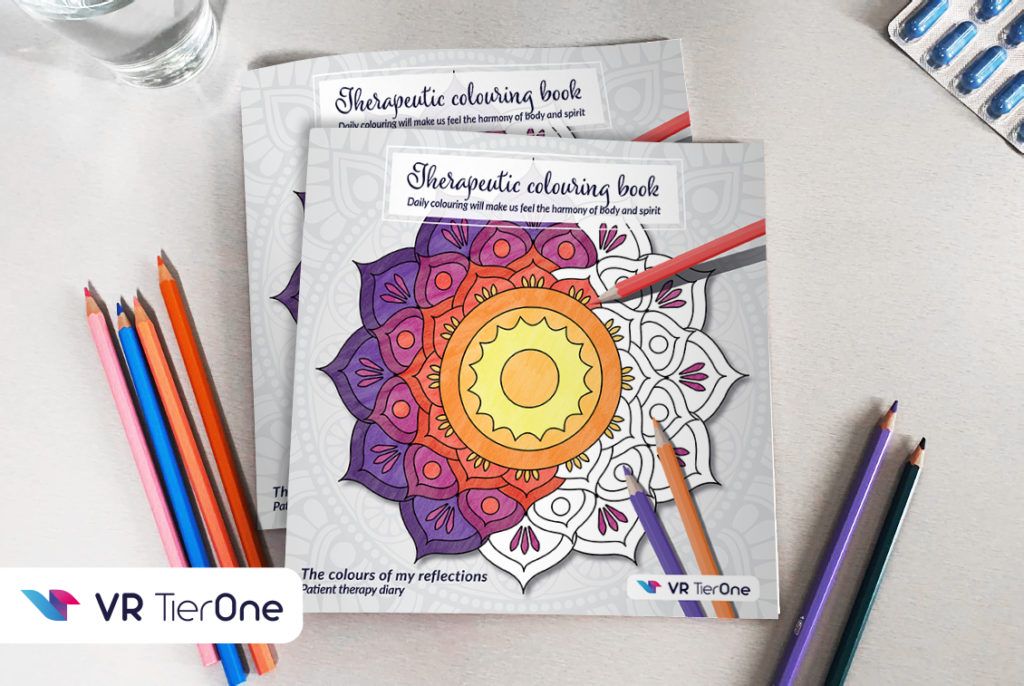
Listening to recommendations. No psychotherapists.
Following the appropriate recommendations speeds up the recovery time, but is mentally burdensome. Convalescents after severe illnesses are accompanied by depressive disorders, and these reduce the patient’s psychomotor drive. Patients devoid of energy and strength, struggling with apathy demonstrate reduced adherence to therapy. Convalescents in a bad mental and emotional condition more often deviate from the recommendations received in terms of their lifestyle, diet, stimulants, regular physical activity and medication. The convalescent, upon discharge from the hospital, receives a number of pro-health recommendations, sometimes also recommendation to consult a mental health specialist. A person that suffered from a disease and developed symptoms of depression will find it difficult to put up a fight for itself. In view of the difficult access to a psychologist or psychotherapist, they let it go and fail to follow the orders. If there is a person in your environment, who needs mental support after a serious illness, recommend VR TierOne virtual therapy that reduces stress, anxiety and symptoms of depression that all can slow down convalescence. We wish you a quick recovery with VR TierOne!




